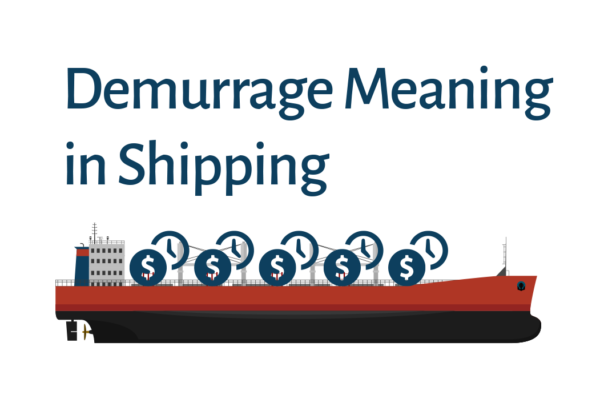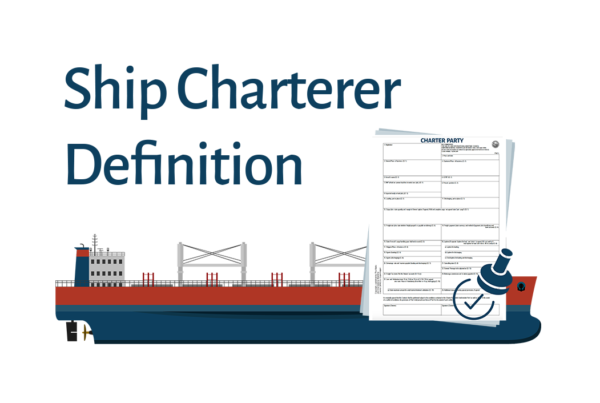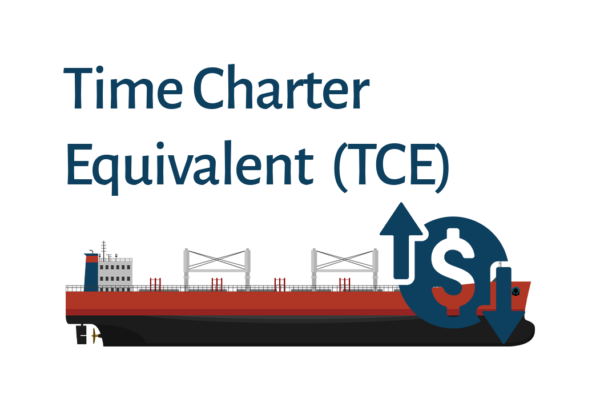A maritime pilot is a highly skilled and licensed professional Master who guides ships through challenging waterways, such as ports, harbors, and narrow channels or straits. The primary role of a maritime pilot is to ensure the safe navigation and maneuvering of ships to minimize the risk of damage to the crew, harbor workers, ship, and the environment.
The trace of maritime pilot sevice in history is possible to follow from the point where civilization reached a level to trade. With the beginning of sea transportation, the need to travel safely in waterways containing various natural dangers and obstacles that could cause loss of life and property, has caused guidance to emerge as a field of expertise, one of the world’s oldest professions wherever it is possible.
The most risky stages of shipping operations are the approaches to the port, departures from the port, and passages through narrow waterways such as straits where the navigation is relatively dangerous. During these stages, factors such as the restriction of maneuvering area, the decrease of current water depths, currents, and heavy local traffic require the careful planning of these passages.
Pilotage is carried out by a locally specialized master pilots, who boards the ship and has a good understanding of the local conditions, such as navigation hazards and traffic patterns, in the port or waterway where the ship is located, and is familiar with the effects of current currents and weather conditions on the ship.
At this point, maritime pilotage is the whole of tasks attempted to be achieved by establishing trust and temporarily sharing the ship’s navigation authority with the pilot on board.
In Turkey, the governing regulations are ruled by the Turkish Maritime Pilots Association.
Effective Pilotage Operations
Recommendations for Maritime Pilot Operating Procedures
Effective pilotage requires effective communication and information exchange between the pilot, the ship’s captain, and the bridge crew. To ensure the best outcomes, it is important to clearly define, understand, and respect each party’s responsibilities and areas of expertise. The ship agency may also play a crucial role in situations where interpretation is necessary.
Turkish Maritime Pilotage Association is the institution that established and promulgated the location of safe pilot embarkation and disembarkation points at the Turkish ports.
Effective pilotage requires effective communication and information exchange between the pilot, the ship’s captain, and the bridge crew. To ensure the best outcomes, it is important to clearly define, understand, and respect each party’s responsibilities and areas of expertise. The ship agency may also play a crucial role in situations where interpretation is necessary.
Turkish Maritime Pilotage Association is the institution that established and promulgated the location of safe pilot embarkation and disembarkation points at the Turkish ports.
The process of pilotage begins with the exchange of relevant documents or emails between the pilot authority and the appointed port agency. The port agency provides information on the details of the vessel to the pilotage station, ensuring proper planning and reducing waiting time for the pilot during berthing, unberthing, or passage operations.
Upon official request made by the vessel, the prepared pilotage station sends an authorized pilot master on board. In Turkish ports, this request is typically made through VHF.
During the initial communication, important information such as navigational procedures, local conditions and regulations, the ship’s specifications, and regulatory requirements are discussed between the vessel and the pilot.
Once all necessary information has been exchanged and the required steps have been taken, the vessel is prepared for maneuvering operations to begin, with the pilot onboard at the agreed-upon time.
Pilot Boarding Guideline
Important Pilot Boarding Arrangements Illustration
Here in below illustration, you will see the required boarding arrangements for Pilots in different scenarios that the pilots may face during embarking and disembarking.
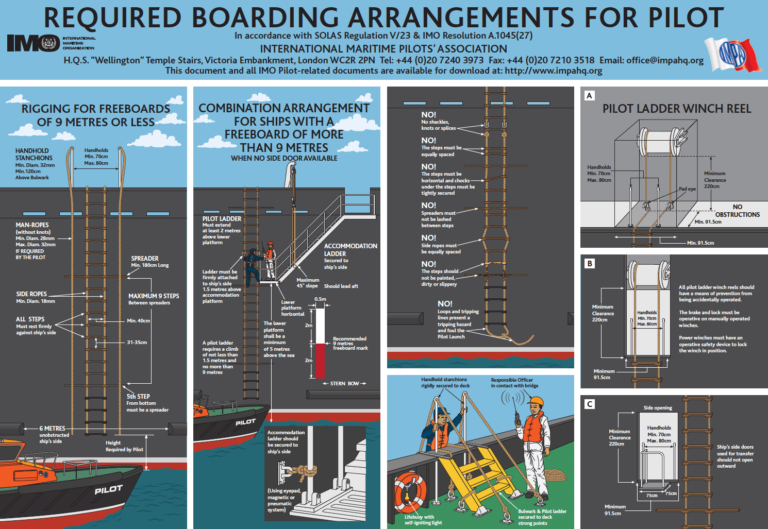
Discover Our Other Posts
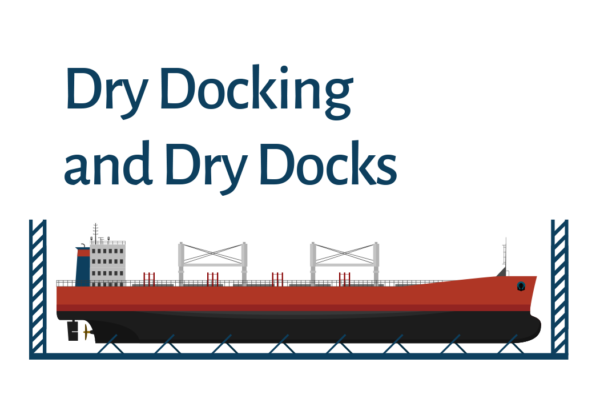
Dry Docking
